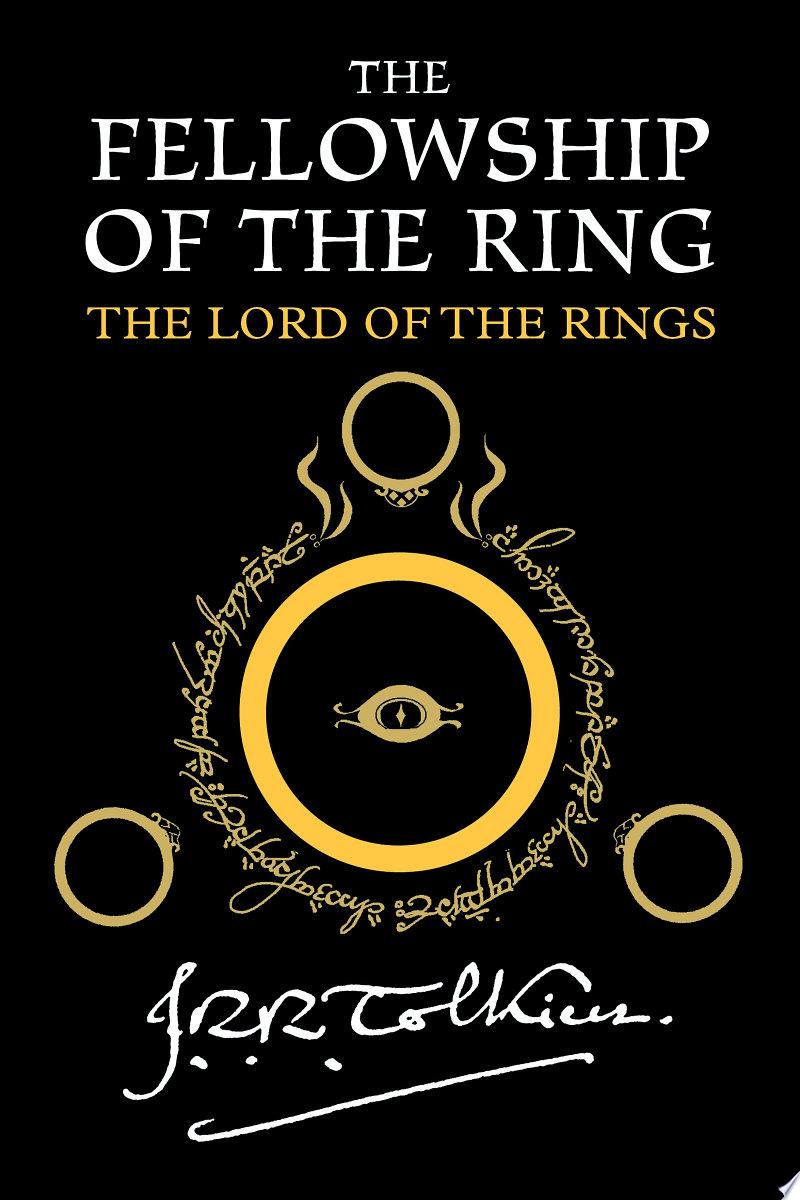Step into the fascinating world of Henrietta Lacks, a woman whose cells sparked groundbreaking medical discoveries, in “The Immortal Life of Henrietta Lacks” by Rebecca Skloot.
Sneak Peak
Rebecca Skloot delves into the captivating story of Henrietta Lacks, an African American woman whose cells, known as HeLa cells, were taken without her consent in the 1950s. These cells turned out to be immortal and were vital in numerous scientific breakthroughs. The book explores Henrietta’s life, the impact of her immortal cells on medical research, and how her family coped with this legacy.
My Take
“The Immortal Life of Henrietta Lacks” is a poignant and enlightening read that seamlessly weaves together science, ethics, and personal narratives. Skloot skillfully narrates Henrietta’s story, shedding light on the ethical issues surrounding medical research and the exploitation of African Americans in the medical field. The book not only educates readers about the incredible contribution of HeLa cells to science but also humanizes the often-overlooked person behind these cells.
The narratives of Henrietta’s family members add a personal touch to the book, allowing readers to empathize with their struggles and the complexities they faced. Skloot’s dedication to unraveling Henrietta’s story over more than a decade is commendable and adds depth to the narrative.
One potential drawback of the book is the occasional jumping between timelines, which may be confusing for some readers. However, this does not detract significantly from the overall impact of the story.
What Makes the Book Unique
One of the standout features of “The Immortal Life of Henrietta Lacks” is how it bridges the gap between science and human emotion. By exploring the intersection of medical ethics, race, and family dynamics, Skloot creates a multifaceted narrative that appeals to a wide range of readers. The book also underscores the importance of informed consent and the need for ethical considerations in scientific research.
Moreover, Skloot’s meticulous research and attention to detail ensure that the book is not only informative but also emotionally resonant. The inclusion of Henrietta’s voice through her family members’ perspectives adds a layer of authenticity to the narrative, making Henrietta more than just a name in a scientific journal.
Conclusion
“The Immortal Life of Henrietta Lacks” is a thought-provoking and enlightening read that sheds light on the impact of one woman’s cells on the world of science. Skloot’s masterful storytelling and the emotional depth of Henrietta’s story make this book a must-read for anyone interested in the intersection of science, ethics, and personal narrative.
Rating: 4.5/5 stars









Leave a Reply